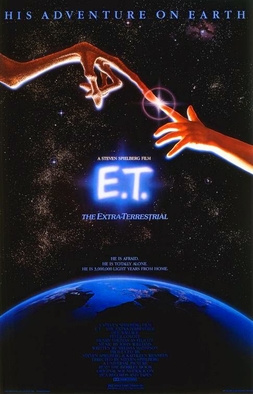A blog formerly known as Bookishness / By Charles Matthews
"Dazzled by so many and such marvelous inventions, the people of Macondo ... became indignant over the living images that the prosperous merchant Bruno Crespi projected in the theater with the lion-head ticket windows, for a character who had died and was buried in one film and for whose misfortune tears had been shed would reappear alive and transformed into an Arab in the next one. The audience, who had paid two cents apiece to share the difficulties of the actors, would not tolerate that outlandish fraud and they broke up the seats. The mayor, at the urging of Bruno Crespi, explained in a proclamation that the cinema was a machine of illusions that did not merit the emotional outbursts of the audience. With that discouraging explanation many ... decided not to return to the movies, considering that they already had too many troubles of their own to weep over the acted-out misfortunes of imaginary beings."--Gabriel García Márquez, One Hundred Years of Solitude
Tuesday, April 19, 2016
E.T. the Extra-Terrestrial (Steven Spielberg, 1982)
There are movies you can watch over and over, either to savor something you hadn't particularly noticed before or in delighted anticipation of favorite parts. And then there are movies that you wish you could watch the way you did the first time you saw them, with surprise and exhilaration. I first saw E.T. in the summer of its initial release, with my wife and 8-year-old daughter in a theater in Chestnut Hill, Mass. It was an unspoiled delight, not layered over with the years' accretions of commentary and critique. I can never again see the movie that we saw that afternoon in Chestnut Hill. Watching it last night for the first time in years, I found that the best thing about it is that it brought back faint memories of the initial experience. It hasn't grown in my estimation, but on the other hand it also hasn't diminished very much. Spielberg is one of the great cinematic storytellers, particularly in his ability to narrate without words -- a gift that began to vanish from filmmaking with the arrival of sound almost 90 years ago. The opening of the film, with the scurrying, botanizing aliens and the clumsy, sinister humans who want to spy on them, is a near perfect example of showing instead of telling, and Spielberg's use of that technique is threaded throughout the movie. He also knows how to direct people, even precocious actors like Henry Thomas, Drew Barrymore, and Robert MacNaughton, who are utterly convincing in the way that movie kids rarely were before E.T. and seldom have been since. Yes, there are sequences that don't quite work, like the liberation of the frogs in the science class, and the special effects, such as the kids on the flying bicycles, look antiquated. The appearance of the resuscitated E.T., shrouded in a sheet and with a glowing heart, evoking Christian iconography, is a serious misstep. There are times when the John Williams score verges on overkill. And it undeniably helped set the film industry off in the wrong direction away from making movies for adults and toward crowd-pleasers. But all of that is part of the accretion of time. There is a timeless core to E.T. that helps it secure its place among the great movies.
Links:
Drew Barrymore,
E.T. the Extra-Terrestrial,
Henry Thomas,
John Williams (composer),
Robert MacNaughton,
Steven Spielberg
Subscribe to:
Posts (Atom)
